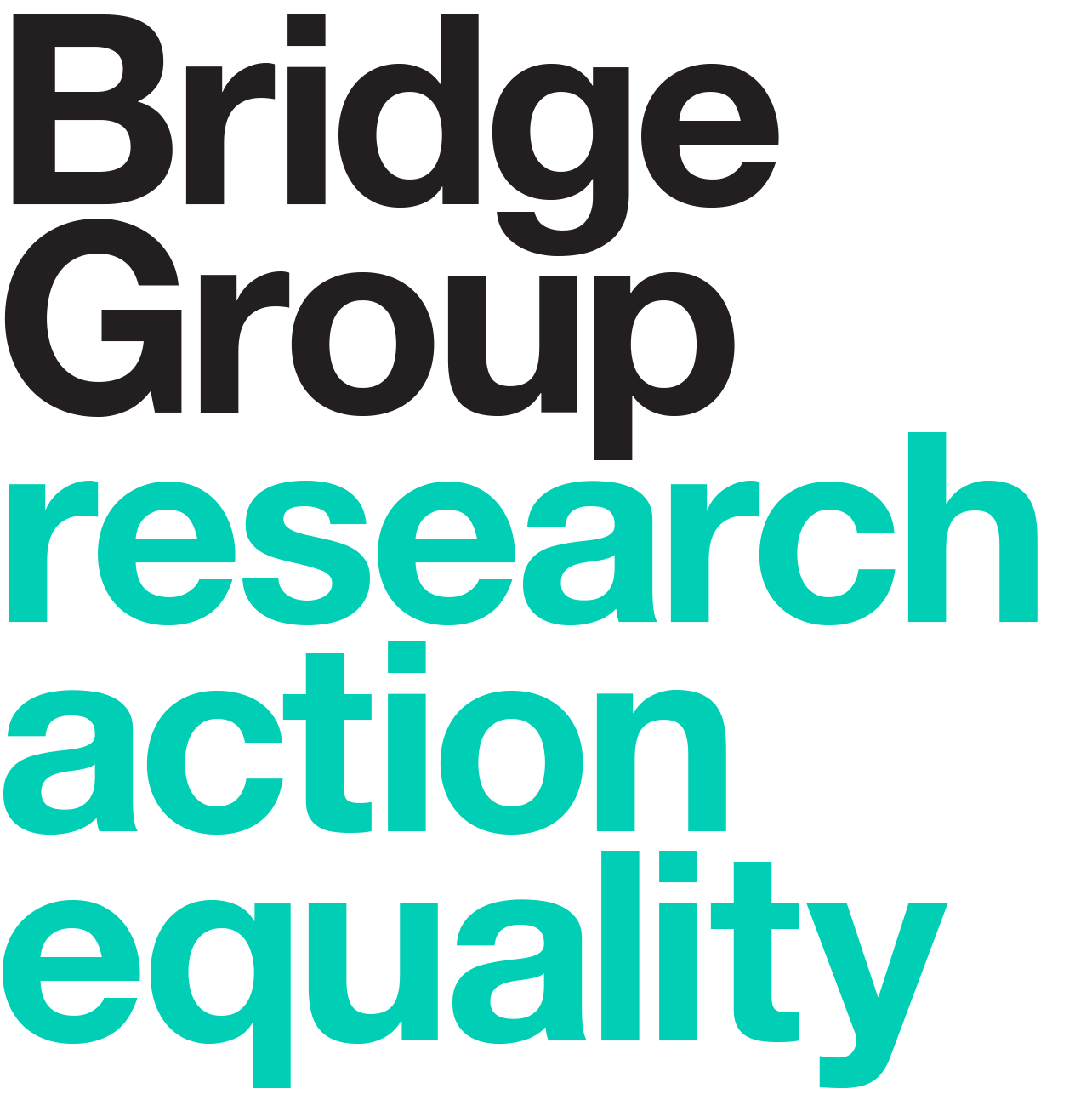Outreach alumni do well at work – but here is what their employers could do better
Outreach alumni do well at work – but here is what their employers could do better
Dr Penelope Griffin looks at new Bridge Group research on the Aspiring Professionals Programme and comments that outreach alone will not achieve social equality.
This Bridge Group report, commissioned by the Social Mobility Foundation, shows that effective outreach programmes to support students from less advantaged backgrounds give them a successful start in their careers. But high salaries do not compensate for the daily challenges these graduates experience in the workplace. This report illustrates that outreach alone will not achieve social equality; action from employers is required to create an inclusive working environment and ensure people from lower socio-economic backgrounds progress in their early careers.
This new Bridge Group research explores the graduate employment outcomes and experiences of recent graduates. It includes graduates from a range of social backgrounds. In looking at employment outcomes for those from lower socio-economic backgrounds, we surveyed alumni of the Aspiring Professionals Programme (APP), run by the Social Mobility Foundation. Alumni who responded to the survey are employed by a wide range of organisations across the UK, while those participating in interviews are employed by the Bank of England, Clifford Chance, KPMG, JLL, and PwC. Interviews were conducted with APP alumni hosted by various employers and recent graduates with no involvement in any APP.
The research has shown that APP alumni:
Are more likely than the national graduate population to be in full-time employment. 86% of APP graduates were in full-time employment 15 months after graduation, compared to 57% of the wider graduate population.
Earn more on average than the wider graduate population. The median graduate salary five years after graduation is £27,000, whereas 51% of the APP cohort were earning over £30,000 after just 15 months.
Our findings in relation to employment and earnings demonstrate that APP alumni perform significantly better than their peers nationally, despite the group being from less advantaged backgrounds. Alumni were more likely to have received free school meals and to have attended a state-funded school. Alumni who were ethnically diverse, Black, and Asian also earned more than such graduates from the national cohort. These are very positive findings, particularly as earlier studies have found limited evidence of the success of other outreach programmes with similar aims.
However, while the quantitative analysis suggests that participation in the APP is linked to improved graduate outcomes, salary alone does not tell the full story.
APP alumni were also less likely to be satisfied with their jobs. While all recent graduates experienced early-career challenges, there were additional difficulties for APP alumni and other graduates from less advantaged backgrounds. Racism, sexism, and homophobia also affected some graduates’ experiences.
Our report found:
Most respondents mentioned barriers to progression including lack of confidence (mentioned by 98%) and pressure to change to fit into the culture of the workplace (93%).
Most interviewees discussed the issues of: the challenges of navigating the professions, the culture of the workplace, and the pressure to modulate their accent, personality and more in order to fit in.
All graduates interviewed who identified as ethnically diverse, Black or Asian reported having experienced racism in the workplace.
Looking at interviewees’ journeys to employment, and comparing their socio-economic backgrounds, highlighted why unequal outcomes persist. Most individuals from higher socio-economic backgrounds had access to additional resources to assist them in progressing to employment: additional qualifications, international experiences (gap years and teaching abroad), and advice from close friends and family who had pursued similar careers.
In contrast, the APP alumni discussed how the cumulative effect of feeling out of place made them feel they would progress more slowly than their peers. APP alumni's experiences demonstrate that socio-economic background can continue to have an impact beyond navigating recruitment.
The APP is designed to support individuals into high quality careers and offers an effective, focused, early input at important moments in a person’s development. Our research has highlighted its success in achieving that aim. However, we suggest that support for social mobility should not just focus on accessing high quality employment, but on professional progression.
Our report recommends that employers:
Arrange mentoring and other targeted support for recent graduates from lower socio-economic backgrounds.
Review and reshape organisational cultures to become more inclusive and with a shared understanding of what constitutes merit.
Embed diversity and inclusion within mainstream processes for identifying and rewarding good performance; and for managing and retaining talent.
Formalise the informal: for example, senior sponsorship and work allocation.
There is a role for outreach programmes like the APP to continue offering support for alumni in their early careers, and this research highlights the benefits this could offer.
Read the report and statements made by the Social Mobility Foundation and the Bridge Group.
Director of Higher Education and Impact, the Bridge Group
05/10/23
3 minute read
